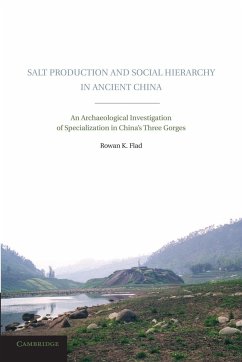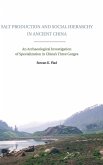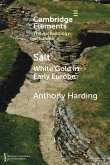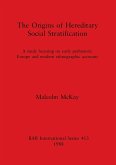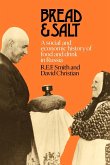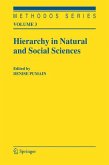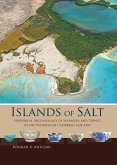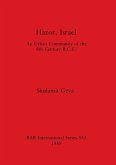This book examines the organization of specialized salt production at Zhongba, one of the most important prehistoric sites in the Three Gorges of China's Yangzi River valley. Rowan K. Flad demonstrates that salt production emerged in the second millennium BCE and developed into a large-scale, intense activity. As the intensity of this activity increased during the early Bronze Age, production became more coordinated, perhaps by an emergent elite who appear to have supported their position of authority by means of divination and the control of ritual knowledge. This study explores evidence of these changes in ceramics, the layout of space at the site and animal remains. It synthesizes the data retrieved from years of excavation, showing not only the evolution of production methods, but also the emergence of social hierarchy in the Three Gorges region over two millennia.
Bitte wählen Sie Ihr Anliegen aus.
Rechnungen
Retourenschein anfordern
Bestellstatus
Storno

